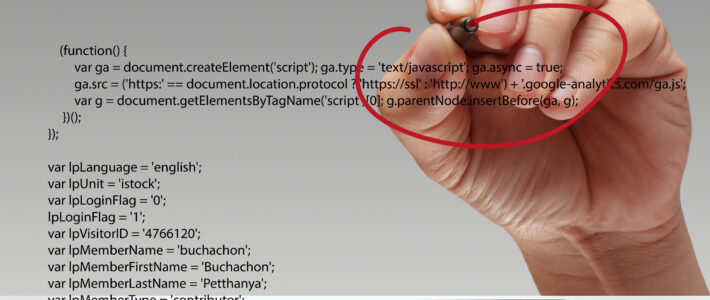In this week’s episode of Stuff You Should Know About IP, Thomas Colson and Raymond Guarnieri discuss a trademark for the word “superhero.” In 1979, DC Comics and Marvel trademarked “superhero” in connection with comic books. Both companies had been independently using that term for decades, so if either company – on its own – had tried to trademark “superhero,” the other company could have successfully opposed it. A trademark is something – including a word, a graphic, a logo, a color scheme, a scent, or a shape – that designates the origin of a product or service. Different categories of trademarks have different strengths, and they include, in decreasing order of strength: fanciful marks, arbitrary marks, and suggestive marks. Typically, a mark that is merely descriptive is ineligible for trademark protection, though an exception exists for a descriptive mark that has acquired secondary meaning. If a trademark becomes generic, it can become unenforceable. The trademark for “superhero” is unusual for two reasons: 1) two companies hold the mark, so the mark does not necessarily designate the actual source of a product; and 2) the term has been genericized. During a legal action, a large company that can afford prolonged, expensive litigation has an advantage over a less affluent company.
![Should Big Pharma Give Up COVID-19 Vaccine Patent Rights? – Ep. 32 [Podcast] Should Big Pharma Give Up COVID-19 Vaccine Patent Rights? – Ep. 32 [Podcast]](https://www.executiveip.com/wp-content/uploads/ep-32-2.0-710x300.jpg)

![Marvel VS DC: Trademark Treaty Saga – Ep. 26 [Podcast] Marvel VS DC: Trademark Treaty Saga – Ep. 26 [Podcast]](https://www.executiveip.com/wp-content/uploads/Episode-26-Comic-2-710x300.jpg)